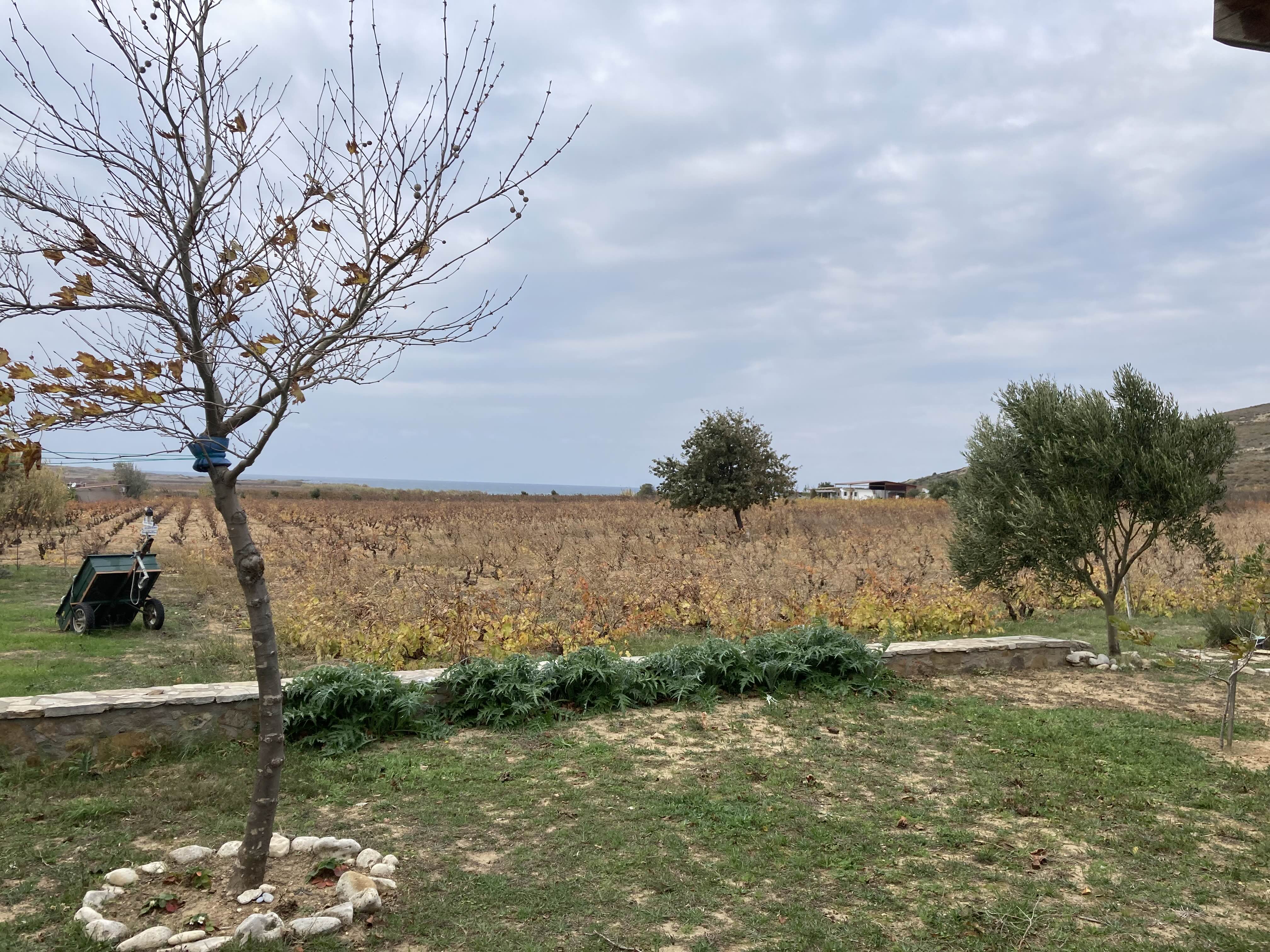The Siren Song of the Small Towns
A love letter to Tenedos - 658 words, 4 minute read
Table of contents

Many of the popular summer holiday locations are small towns, preferred for their peace, serenity, and nature. However, sometimes these places do not deliver their “promise,” as they are devoured by a huge crowd of urbanites, rushing with their cars and chaos into this island that houses a kind of paradise — away from work, noise, concrete, and everything else associated with the city. Then, in that same urbanite mindset, all the popular beaches, the popular restaurants, and the popular cafes are visited by these urbanites, at more or less the same time.
My aunt, who has been spending her summers at her house in Bozcaada for around ten years, similarly complained about this phenomenon in Bozcaada. So I thought best to avoid it. Yet, despite how much I tried to avoid the chaos and enjoy the island like the locals, I could not imagine Bozcaada without its chaos and thought that this was how it was supposed to be, even as a person who travels to Bozcaada for a week or two every summer. That is, until this fall break, where I went to Bozcaada and saw its true beauty.
Bozcaada is a small island off the coast of Çanakkale. Mentioned in the Iliad, the Odyssey, and the Aeneid with its Greek name Tenedos, it was a prominent little island in Ancient Greece. Ruled by various civilizations, such as the Greeks, Romans, and Ottomans, it became a part of Turkey with the Lausanne Convention. With its tradition of winemaking and recent developments as a tourist hotspot, it has become one of the hidden pearls of the Aegean region.
The queue for the Bozcaada ferry usually stretched at least half a kilometer long and meant a long wait. The queue, however, was abnormally empty now. The ferry took off with a bunch of people, who decided crazily that it was the right time to come to Bozcaada. When the ferry arrived at the island, there was almost no sign of life in the cold autumn wind. Pavements not struck by tourists' feet and only the sound of the wind audible, the island seemed to have cleansed itself from chaos. The remaining natives and settlers were hidden in their respective hangouts, away from the eye.
Life continues vividly in those hangouts, such as small cottages in the middle of a large vineyard, or a restaurant right next to the beach. The remaining neighbors, consisting of former professors, engineers, architects, have a common interest in winemaking and discussing the techniques of cultivating grapes of exquisite quality. From demonstrations in the vineyard to reminiscences of the past, from a little bit of cheese with wine to how today compares with yesterday, the intimate discussion continues. People have a much clearer sense of what they want to do with their lives, after spending restless hours in Istanbul. Going to the restaurant, it seems that the paths of everyone in Bozcaada cross here. A law professor and his family, a journalist who founded the local news site “BozcaadaHaber,” a former communications professor who is holding a book club, and the list goes on and the table grows longer. From an analysis of Tolstoy’s “Anna Karenina” to the problems of the island and the shared frustrations of city life — traffic, chaos, and crowds topping the list of complaints —, the conversation renews itself as the french fries keep coming.
And I cannot help but notice how happy and satisfied life is here. This way of living, where one’s pleasures are in sync with one’s surroundings, shocks me in showing how attainable satisfaction is. In Istanbul, schoolwork, and deadlines close in, and at least for me, enjoying life becomes just an afterthought frequently overlooked for the sake of achieving challenging goals until I cannot sustain them. Sometimes, after drowning in our modern lifestyles and perspectives, the best escape is to let go of yourself, giving in to the siren song of the small towns.